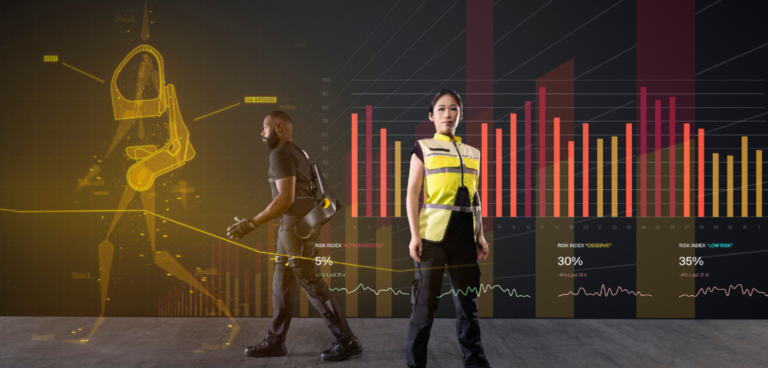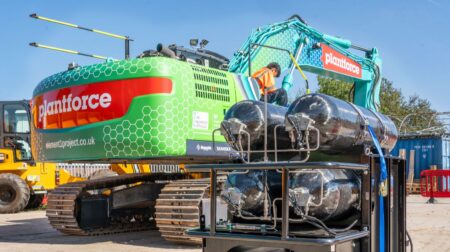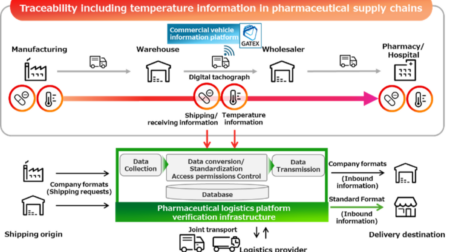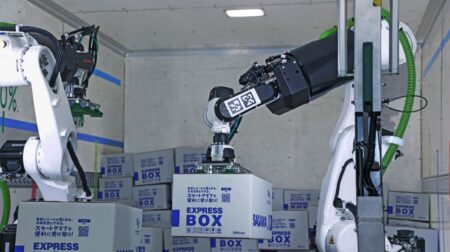German Bionic, a European robotics company and manufacturer of smart power suits and wearable technologies, has announced a range of new smart wearable tools powered by artificial intelligence (AI) designed to improve workplace safety.
The list of new technologies includes an AI-supported power suit named Apogee, a smart monitoring vest called Smart SafetyVest and German Bionic IO, a cloud-based software platform, developed to intelligently manages and analyse workplace safety practices.
Apogee is a smart robotic exoskeleton for the workplace, with some reported upgrades including a lighter weight design and a greater variety of applications. According to German Bionic, it is both dust and water resistant, offers up to 66lbs (30kg) of lower back support per lift and minimises fatigue through assistive walking technology.
Some of the key sectors German Bionic hopes to target with this technology are logistics, construction and the care sector.
What’s more, the new Smart SafetyVest leverages sensory technology and AI to offer data-driven feedback and risk analysis, the company said.
The idea behind the vest was to provide organisations with a solution that could identify opportunities to improve conditions in such a way that might lessen fatigue and injuries, and absenteeism as a result.
Both systems rely on the German Bionic IO platform, which offers analysis of the data collected from Apogee, Cray X and Smart SafetyVest, and applies machine learning and AI to continuously learn and enhance the safety of the wearer’s movements.
“Our smart power suits and wearables protect people performing tough physical work on a daily basis in system-critical jobs against over-exertion and injury,” said Armin G. Schmidt, CEO and co-founder of German Bionic.
“They provide mechanical support for lifting and carrying, and use a smart assistance system to alert users, for example, of instances of incorrect lifting or when they should take a break.
“This leads to less time off work as a result of illness caused by excessive strain or accidents, which not only makes for happier employees but also more productive employees.
“We see this as a benefit for society as a whole, and hope to build on this even further with our technology.”
In particular, German Bionic wants to address challenges around labour shortages and musculoskeletal disorders—which represent a workplace burden of US$45–54bn (£37.5–45bn) per year in the US alone—through use of smart wearable technology.









